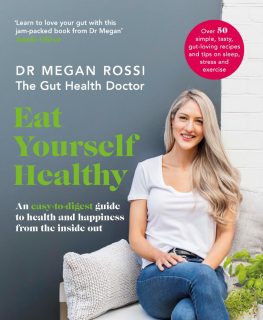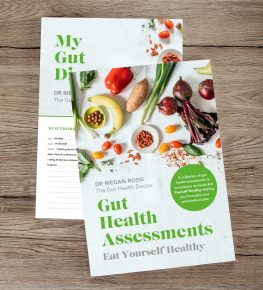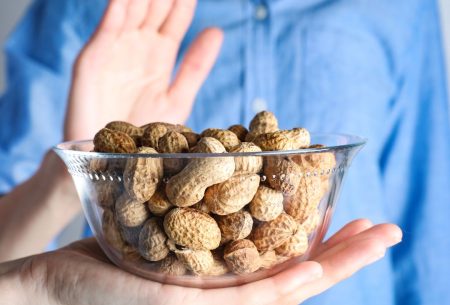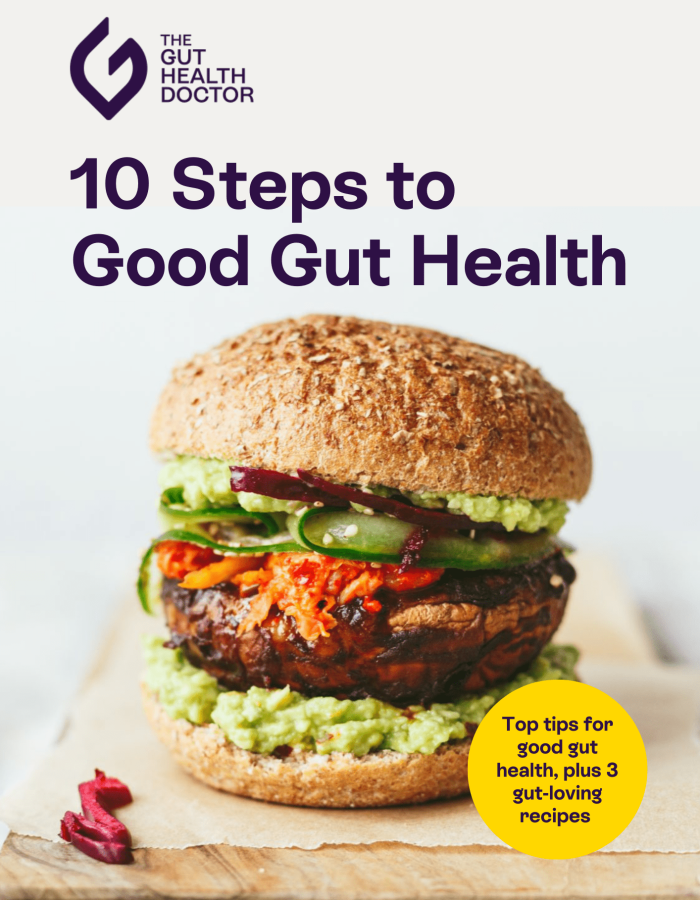You might have never heard of EoE as it’s a pretty rare allergic condition. If you or your child are facing it, it’s something we specialise in at The Gut Health Clinic.
What is EoE?
EoE is a rare allergic condition which can be seen in both adults and children which affects the oesophagus (food pipe). It is thought to affect 1 in 1500 people. The process isn’t well understood, but certain foods are linked with increased disease activity: milk, egg, wheat, soya, fish/shellfish and nuts.
In EoE, eosinophils (a type of white blood cell) are found in the oesophagus where they’re not usually located. This causes inflammation in the area. Left untreated, EoE can lead to narrowing of the food pipe and possible structural changes. EoE is more common in males than females, again the reason for this is not yet understood.
The Symptoms
Symptoms vary between children and adults.
Children will often present with feeding aversion/difficulties, poor growth, vomiting, abdominal distension, taking a long time to eat meals, avoiding difficult textures such as meat and bread, heartburn or feeling of reflux and episodes of food impaction (food getting stuck).
In addition to the above symptoms, adults with EoE can also suffer with severe food bolus impaction, requiring surgical removal of the food bolus. Unfortunately, symptoms do not always correlate with disease activity, and therefore cannot be used alone to diagnose EoE or to understand if it is in histological remission following treatment.
It’s not uncommon for sufferers of EoE to experience anxiety around eating, particularly when eating socially.
Diagnosing EoE
EoE is a non-IgE mediated allergy and therefore unfortunately, there aren’t any useful allergy tests as of yet.
This condition can only be diagnosed by a tissue sample (biopsy), where the number of eosinophils are then counted to make the diagnosis. If the eosinophil count is higher than 15 per high power field on a standardised area on the microscope, with some associated changes, then the diagnosis can be confirmed. Sadly at present, there is not a less invasive technique to diagnose or monitor EoE.
It is important to know, that once diagnosis is made and treatment started, that repeat endoscopy tests are required (usually 12 weeks apart) to review if the disease is in remission. You or your child may require multiple endoscopies until remission is achieved.
Treatment of EoE
There are 3 main treatment options for EoE:
- Proton pump inhibitors
- Dietary exclusions
- Oral swallowed topical steroids
Dietary treatment is one of the options in this condition, in most cases starting with a step-up approach to diets.
A 2-Food-Exclusion Diet (milk and wheat) is usually considered first, then a 4-Food-Exclusion-Diet (milk, egg, wheat and soya) and finally a 6-Food-Exclusion Diet (milk, egg, wheat, soya, fish/shellfish and nuts).
Important!
If you suspect your child or yourself to have EoE, please do not embark on these exclusions without speaking with a dietitian and gastroenterologist first. A close working relationship with the gastroenterologist and dietitian is of paramount importance as the timings of exclusions, reintroductions and biopsies are very specific.
This blog was authored by Lucy Kerrison, a gut specialist dietitian.













